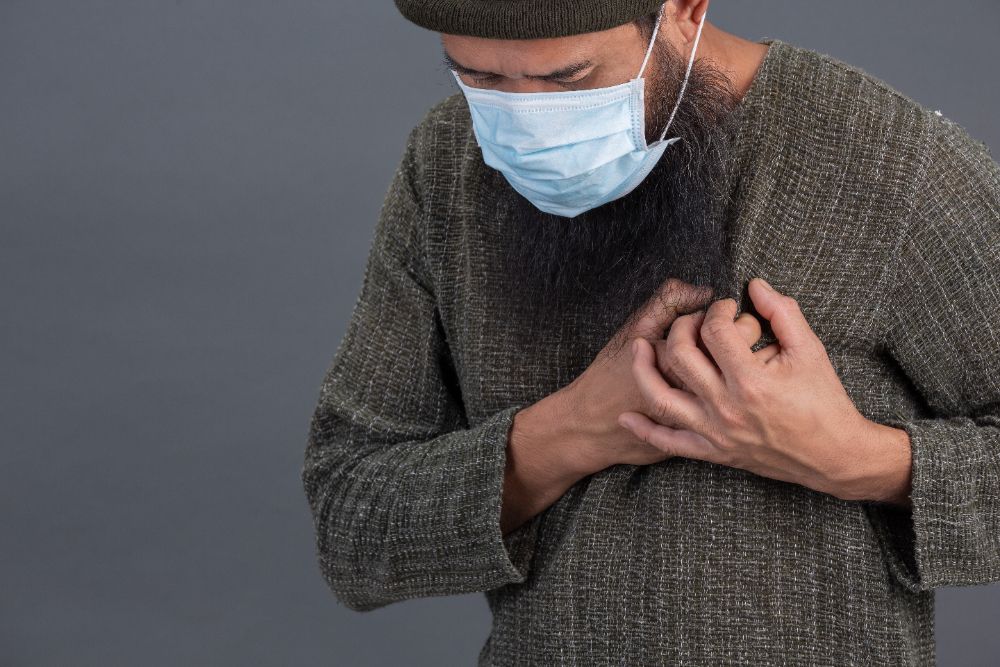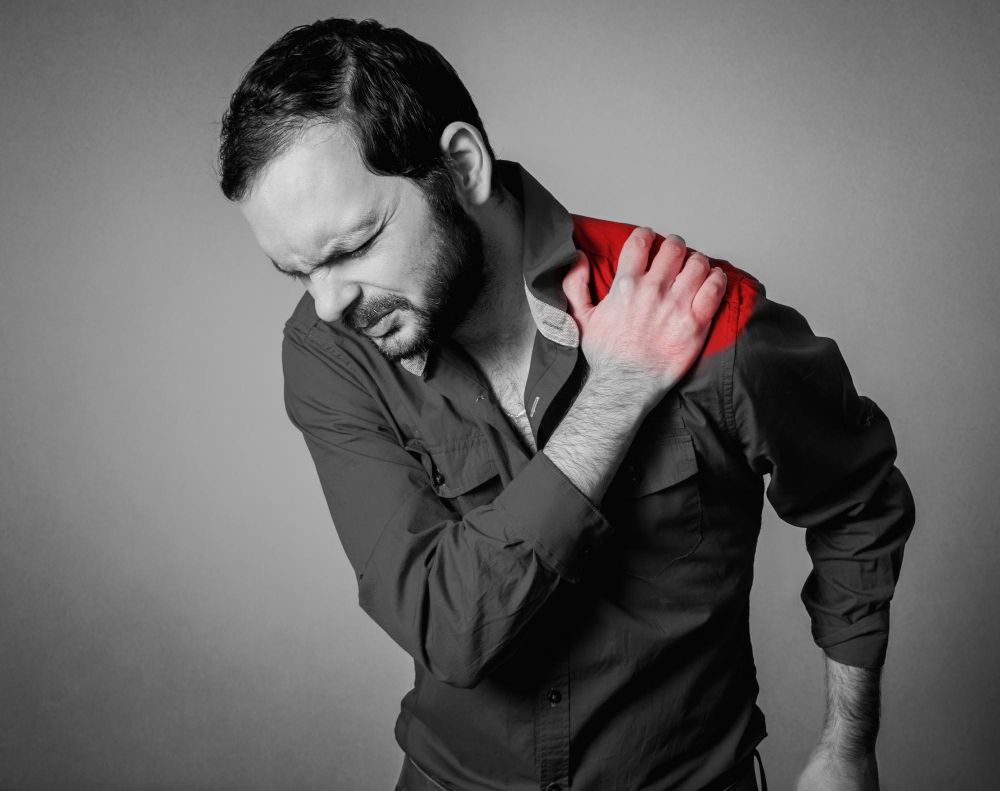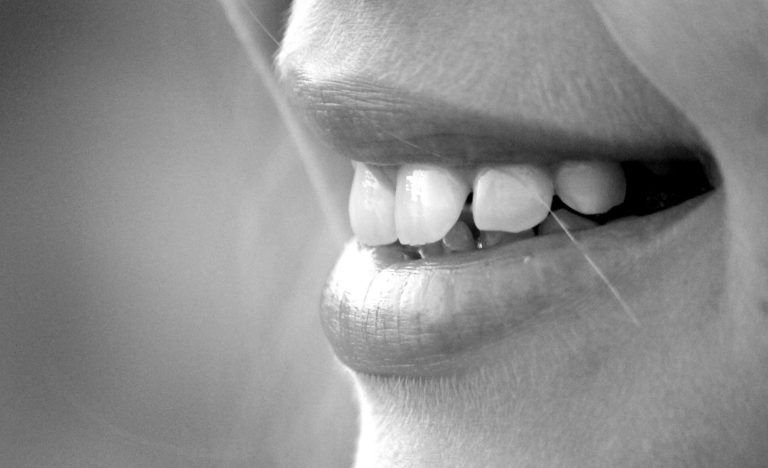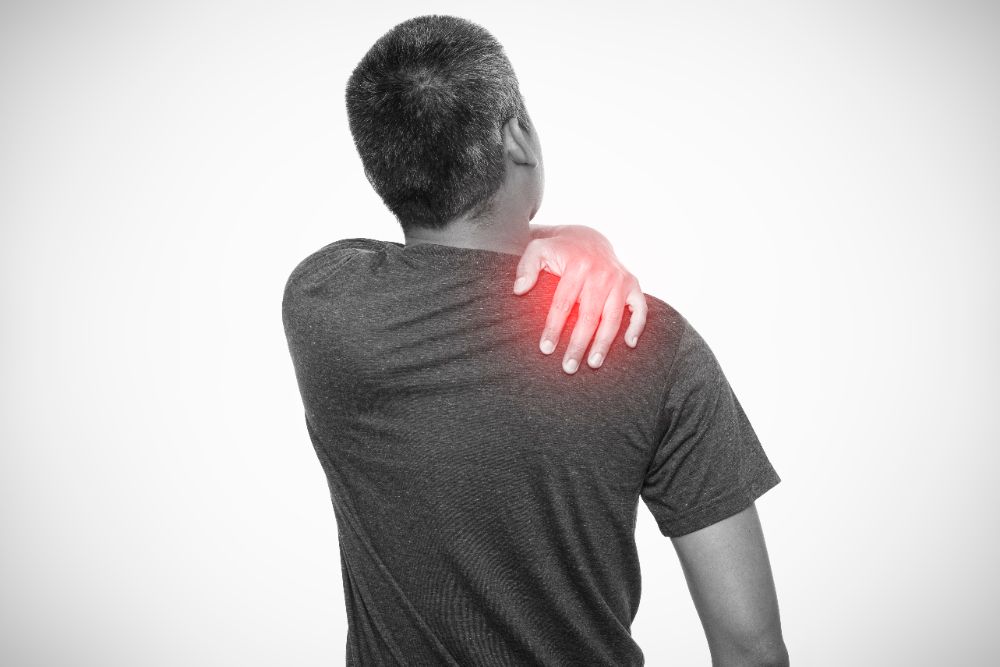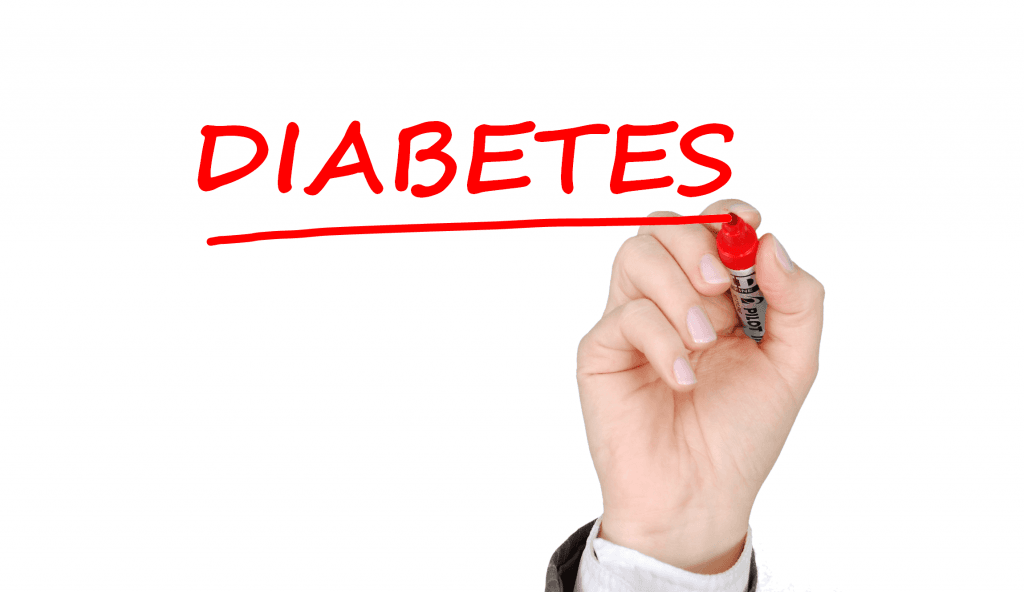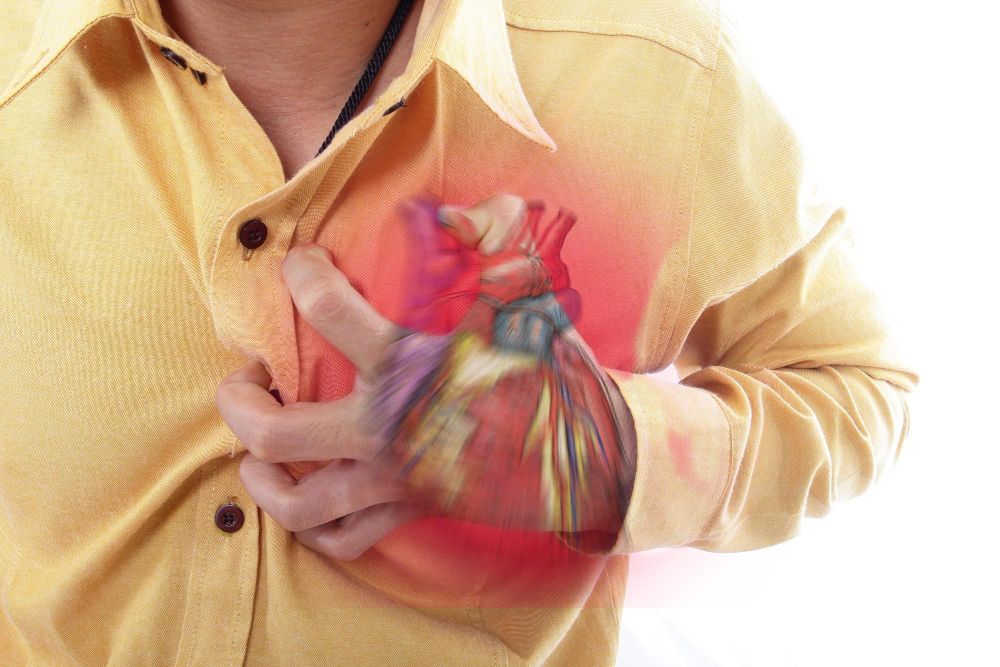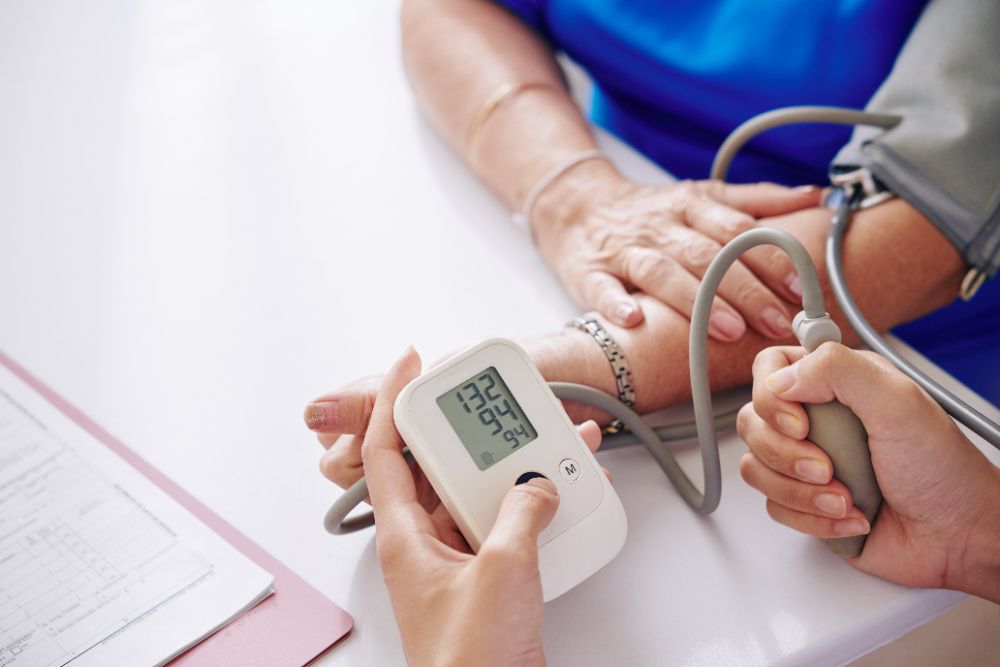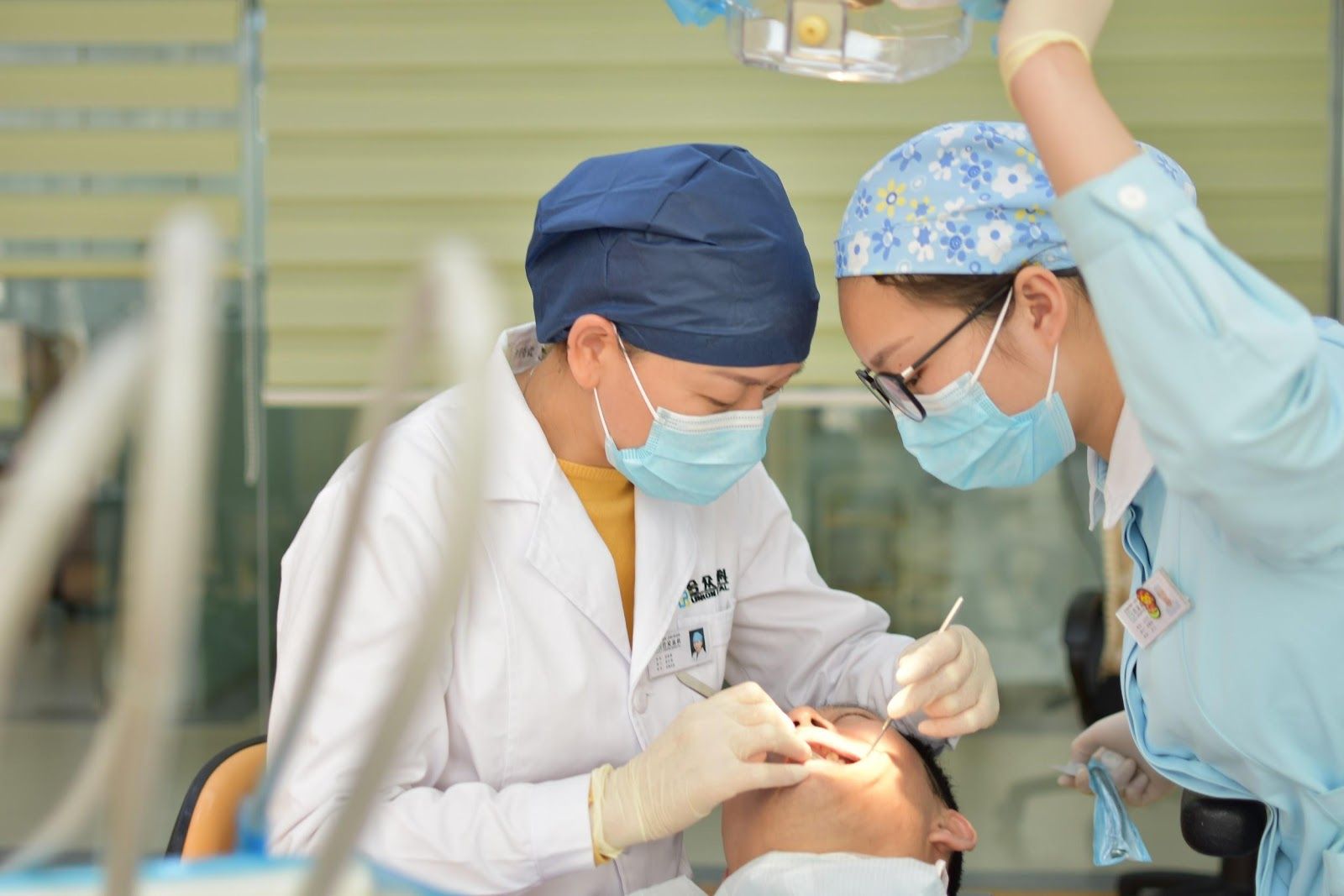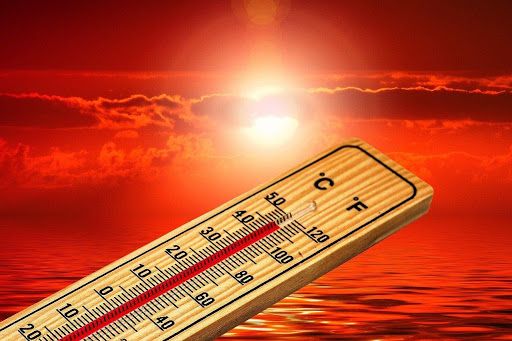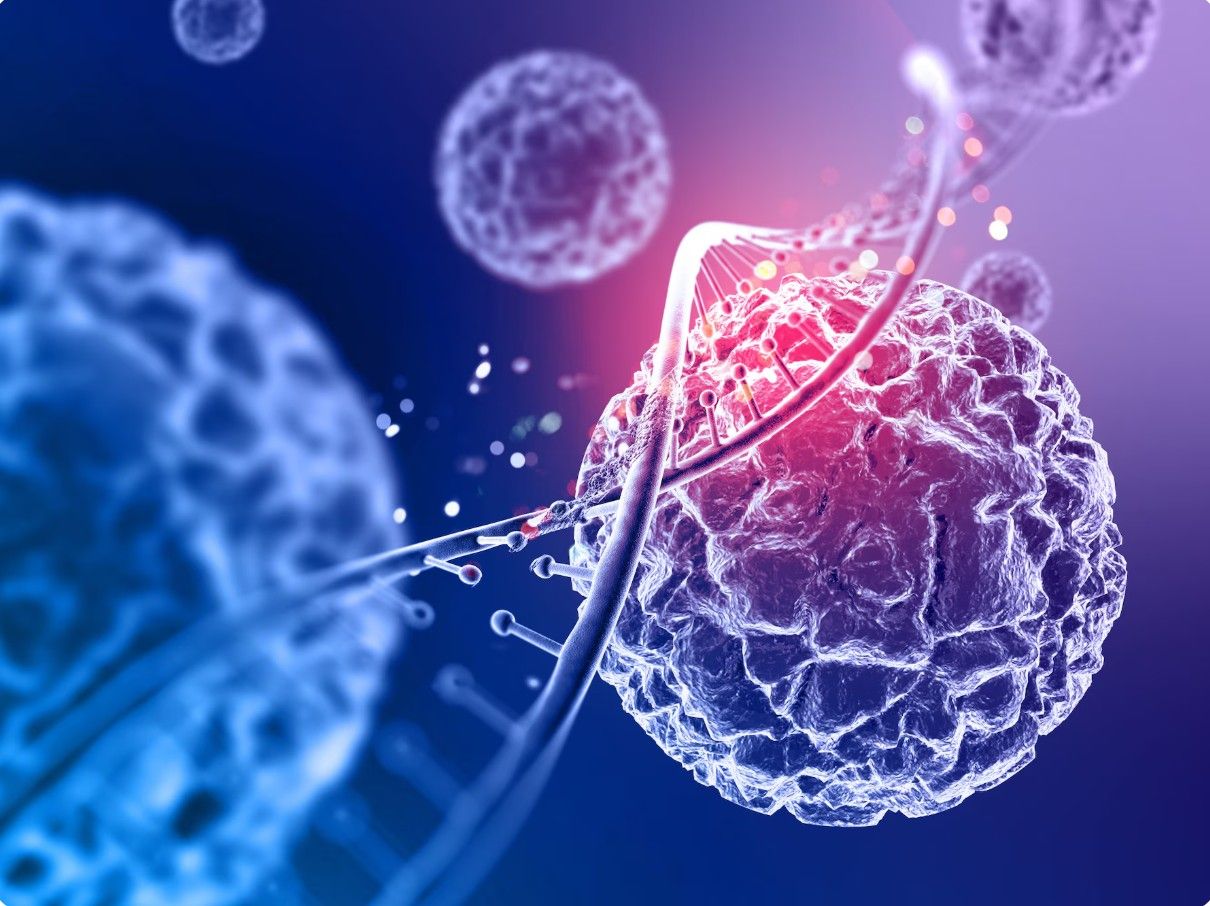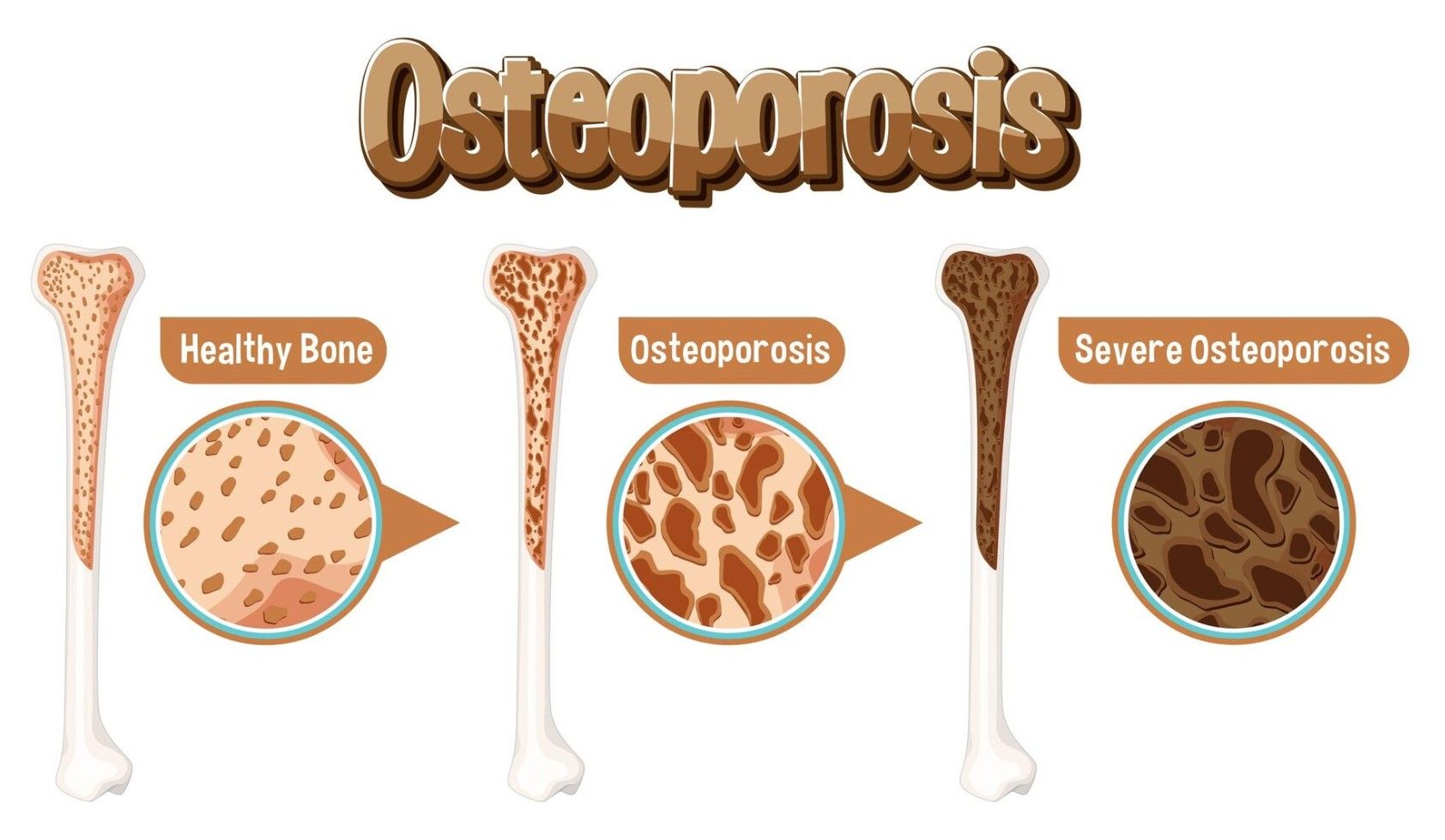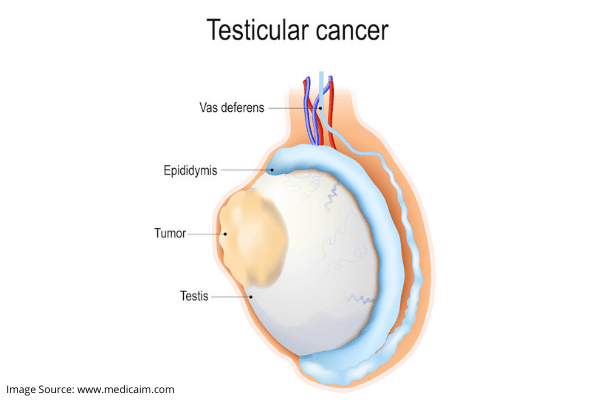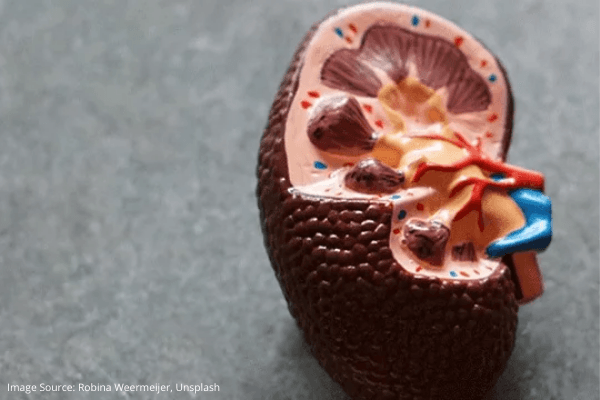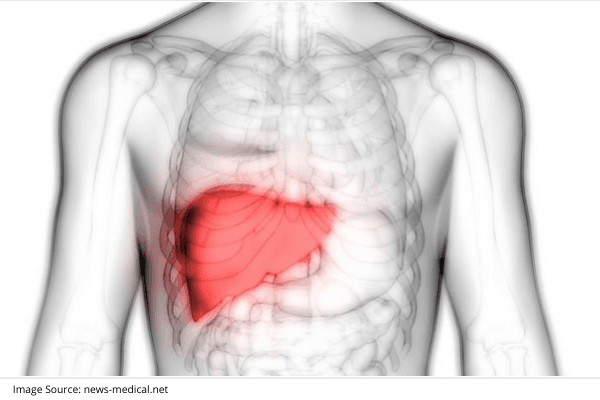Myocardial Infarction (Heart Attack)
Myocardial infarction (MI), commonly known as a heart attack, is brought about by a sudden blockage of blood flow to a section of the heart muscle. The heart tissue experiences oxygen deprivation, leading to damage or death of the heart muscle. The amount of damage depends upon the location of the block and how quickly the blood supply is restored. It may lead to complications and, in extreme cases, death if left unaddressed. Myocardial Infarction is a clinical emergency and one of the top causes of death globally.
What is myocardial infarction or heart attack?
A myocardial infarction occurs when one or more of the coronary arteries that bring blood to the heart become blocked. It happens most frequently due to a blockage caused by plaque deposition within the inner lining of an artery, which leads to the formation of a blood clot, partly or completely blocking the blood flow to the heart muscle. Because of the lack of oxygen, the affected heart muscle begins to die and interferes with the heart's ability to pump blood adequately. This depends on the location and size of the blockage and the duration for which the heart muscle does not receive blood.
Symptoms of Myocardial Infarction
The symptoms of a heart attack differ from one person to another but typically show classical symptoms such as:
- Chest pain or discomfort
- Pain in other parts of the body
- Shortness of breath
- Cold sweat
- Nausea or vomiting
- Dizziness or fainting
It's important to note that symptoms differ by gender. Women are likely to experience atypical symptoms more often than men. In fact, most of the symptoms have variants, such as extreme exhaustion, nausea, backache, or jaw pain.
Causes of Myocardial Infarction
The most common reason for myocardial infarction is CAD. CAD is a disease whereby the coronary arteries, that provide blood to the heart, become restricted or plugged due to the formation of plaques. These are a combination of cholesterol, calcium, and many other materials that may eventually turn hard, hence giving rise to the condition named atherosclerosis.
A rupture of the plaque may initiate the formation of a blood clot that can entirely or partially block the artery. Some other less common causes of myocardial infarction are:
- Coronary artery spasm
- Coronary embolism
- Severe anaemia
Diagnosis
Prompt diagnosis of myocardial infarction is essential for effective treatment. Some diagnostic measures include:
- ECG: ECG will record the electrical activity within the heart and may show some abnormalities that suggest a heart attack. Specific patterns of ECG may be used to confirm or deny the diagnosis and will give an estimation of the severity of the attack.
- Blood tests: In a heart attack, heart muscle cells are damaged, and some proteins inside them get released into the bloodstream, such as troponin. Elevated levels of these markers confirm the presence of a heart attack.
- Coronary Angiography: This procedure involves injecting a special dye into the coronary arteries through a catheter to visualize blockages on X-ray imaging.
- Echocardiogram: An echocardiogram, which is actually an ultrasound of the heart, can assess the function of the heart after a heart attack and assess areas of the heart muscle that are damaged.
Treatment and Management
Treatment of a myocardial infarction begins with an immediate restoration of the blood flow to the heart muscle to cut down the damage as soon as possible. There are several treatment methods, which include:
Medications
Some drugs such as thrombolytics, antiplatelet drugs, nitroglycerin, and beta-blockers aid in treating a heart attack but are often the second line of treatment.
Invasive Therapy
- Catheter-based: Angioplasty or percutaneous coronary intervention
- Surgical: Coronary artery bypass grafting (CABG)
Lifestyle changes
As part of the long-term management of myocardial infarction, heart-healthy habits become imperative. This involves stopping smoking, eating a healthy diet, exercising regularly, and managing other conditions such as high blood pressure and diabetes.
Ten Effective Remedies That You Can Refer to When You Are Suffering from Muscle Cramps
Finally starting off with the gym life can get too overwhelming until you hit those muscle cramps along with the weights.
Skin Tags - Benign Tumor or Cancerous Tumor?
Skin tag if observed is a narrow stalk that hangs about your skin, bulging at the end. They are usually freshly colored and can grow anywhere on your body.
Rotator Cuff Tear
A rotator cuff tear is a rotator cuff injury that can cause shoulder pain and loss of arm function. The rotator cuff is a set of muscles and tendons in your shoulder.
Importance of Parental Counselling
Right from the moment you tell your friends and family about your pregnancy, little hints keep coming your way on parenting your unborn child!
Taking Care of a Terminal Patient? Here Are Six Ways to Help Them to the Fullest
A terminally ill patient is someone who has a relatively short life expectancy. Terminally ill people are usually shifted from an actively curative medicinal regime
Stages of Tooth Decay and Their Treatment Options
Tooth decay refers to the degradation process of the structure of the tooth resulting in permanent damage.
12 Home Remedies for Dry Cough
The flu, common cold, asthma, cigarette smoke exposure, and other conditions can all cause a dry cough. Home remedies such as honey, peppermint, and air purifiers may be beneficial.
Shoulder Dislocation
Shoulder dislocation occurs when the bones of your shoulder joint are pushed or forced out of their normal positions.
5 Facts to Keep in Mind for Your Monthly Menstruation Cycle
Our menstruation indicates multiple activities within your body. Every month, your uterus forms a thicker lining for the ovary to release an egg for a possible pregnancy.
Different Types of Diabetes
Junk food and increasing physical activity are leading to a worldwide epidemic of obesity, resulting in diseases like diabetes
Dilated Cardiomyopathy
Dilated cardiomyopathy is a form of heart muscle illness in which the heart chambers (ventricles) weaken and stretch, becoming bigger.
Hypertension (High Blood Pressure)
High blood pressure, also known as hypertension, is a condition in which the blood flow against the inner walls of the arteries is persistently high.
3 Cosmetic Dentistry Procedures You Did Not Know About
Over the past few years, cosmetic dentistry has undergone significant evolution in society. With the increasing demand for cosmetic dentistry, it is no longer a luxury; it has become a necessity.
5 Lifestyle Changes That Will Help with Your Urinary Incontinence
Urinary Incontinence is quite a painful and embarrassing condition to have. It refers to the loss of bladder control, which can vary from a slight release of urine after sneezing, coughing, or laughing, to a complete inability to control urination.
5 Tips This Summer to Avoid Heatstroke
Certain jobs demand fieldwork in the scorching heat. The warm weather, bright sun, and the blue skies are not always an excellent working environment for them at all.
6 Home Remedies for Yeast and Vaginal Infections
Yeast infection is common among women. You might have had the experience of irritating soreness and itching that prolonged for days due to not knowing about the cause.
Aortic Dissection
An aortic dissection is a tear in the aorta. This is the primary artery that transports oxygen-rich blood from your heart to the rest of your body.
Bariatric Surgery and Weight Loss
Bariatric surgery, also known as weight loss surgery, is performed on individuals suffering from obesity. It involves a variety of procedures that help maintain long-term weight loss and also aid in treating obesity.
Best Foods to Cleanse Your Liver
Your liver is one of the largest organs in your body and its primary function is to filter the system by converting toxins to waste products, cleansing your blood and process various nutrients.
Infertility and its Major Causes and Treatments
Infertility is an issue that’s on the rise – not just in India but all over the world. It’s estimated that, on average, one out of every six couples has had issues with infertility.
Precautions to be Taken to Avoid Eosinophilia
Let’s begin with talking about eosinophils – they are just a type of white blood cells that are laden with reactive chemicals which get released under specific conditions to cause mayhem in the body
What is BMD Assessment and its Significance in Treating Osteoporosis
Osteoporosis is that creepy monster lurking in the dark, waiting to manifest itself as you age and get less active.
Signs of Testicular Cancer
Men have a pair of testicles located in a sac-like pouch called the scrotum. It forms part of their reproductive system and are responsible for sperm production.
Signs and Symptoms of Kidney Stone
Your kidneys are very important organs in the body; they regulate water content, filter waste from blood, and produce hormones.
Treatment For Liver Failure
Treatment for liver failure depends largely on the causative agent; for example of it’s due to hepatitis virus infection, then hydration and supportive care needs to be provided while the body’s immune system fights back. If it’s due to gallstones,
Related Blogs
Ten Effective Remedies That You Can Refer to When You Are Suffering from Muscle Cramps
Finally starting off with the gym life can get too overwhelming until you hit those muscle cramps along with the weights.
Skin Tags - Benign Tumor or Cancerous Tumor?
Skin tag if observed is a narrow stalk that hangs about your skin, bulging at the end. They are usually freshly colored and can grow anywhere on your body.


